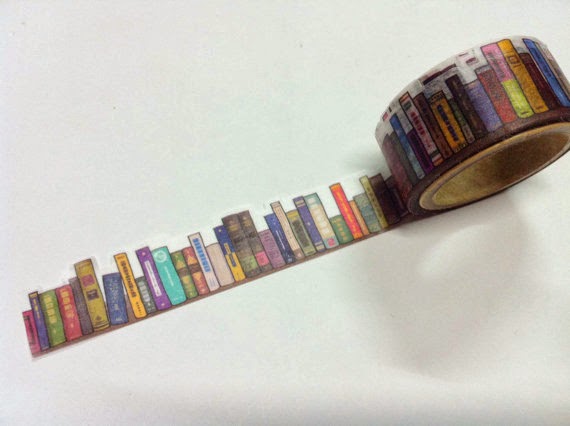Cleared to Land
The MH 370 flight story continues to be a joke...actually, it would have been a joke if it wasn't so tragic. A flight makes a U-turn, flies over a country's airspace and hey, the military radars don't notice anything. If that's how good these south east Asian countries' radar capabilities are, I am not sure why China doesn't just take what it wants in the disputed seas...I am sure these countries wouldn't even notice...until the Americans start screaming! Oh wait, maybe the US won't...like their deafening silence about Crimea. Geopolitics aside, it was a bit surprising and scary that in the US, 35 landings and 115 approaches or aborted landing attempts at wrong airports have happened over the last two decades! What's even more scary is that this list doesn't include every such event. A common reason is, as per this article , what Michael Barr, a former Air Force pilot says: “You've got these runway lights, and you are looking at them,
